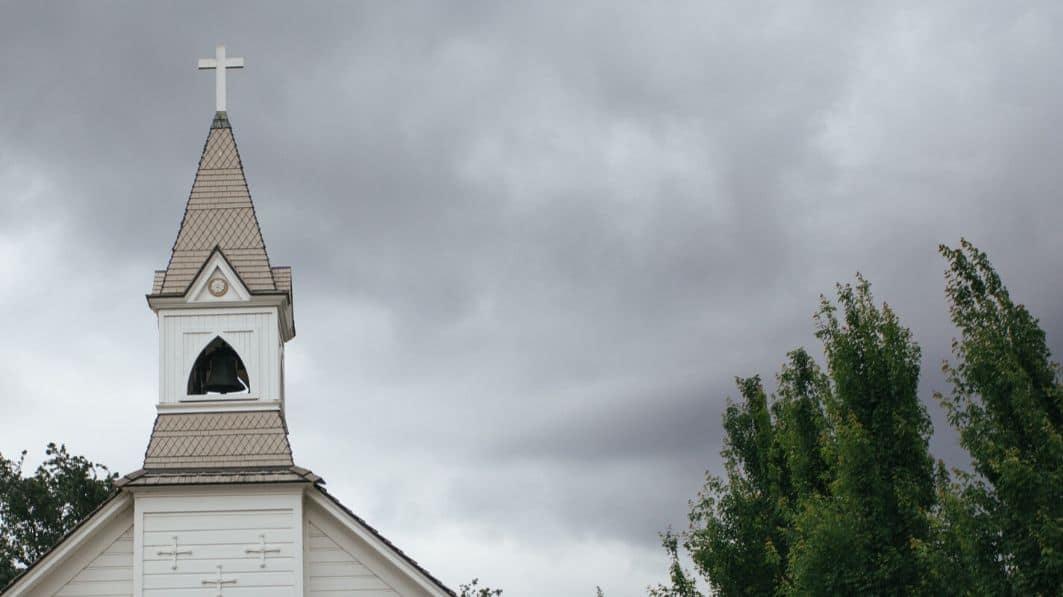If you live in a small town or rural area, the current coronavirus (COVID-19) crisis is hitting you differently than your big-city friends.
Here are 5 lessons I’m learning from conversations I’m having with rural pastors:
1. The Impact Is All or Nothing
It’s impossible to live in a heavily populated area and not feel the results of this pandemic at close range. Even if you don’t personally know someone who’s sick, there are hurting people all around you.
In a small town or rural area, the results are different.
For most rural folks, either you’re hearing about news that has yet to affect anyone who lives near you, or it’s hit your town with a vengeance.
For instance, in the small town of Bobcaygeon in Ontario Canada, there is a nursing home where coronavirus has killed almost half of its residents. Friends in that town tell me that medical professionals are working under the assumption that “everyone in Bobcaygeon is infected.”
The way pastors are responding in Bobcaygeon will necessarily be very different than the way pastors are responding in towns that don’t have a single case of coronavirus yet.
2. The Response Needs to be Contextual
In big cities around the world, the response to this pandemic is all about percentages. Some have more cases, some have fewer, but they’re all dealing with something. But in rural communities, the “all or nothing” impact means there’s no standard response.
This will cause many people in rural areas to be more skeptical of national or state mandates, which are likely based on situations that are common in big cities but have little overlap with their specific context.
Pastors of small-town churches can be a huge help during this season, as they are among the most respected members of their towns.
They have the pulse and the trust of their communities, they can respond in ways that matter the most to the people in their town.
3. Technology Can Feel Like a Burden, Not a Blessing
If you live in a big city, it’s easy to think that the internet is accessible everywhere.
Church building closed? Go online! In fact, many churches are reporting online numbers that are vastly larger than their in-person attendance ever was.
Not so in small towns.
In many rural areas, internet access cannot be taken for granted. And even if it is available, small-town churches are more likely to minister to aging congregants, many of whom don’t know how to watch online.
Plus, if the church didn’t have an online presence before stay-at-home orders went into effect, the only person who can make live stream services happen is the pastor, and they are unlikely to have the tech skills to do it themselves.
In big cities, and especially in big churches, there may be a team of people who can do the tech for you. In a small town, it’s just you. And you’re a pastor, not a tech expert.
The online “opportunities” that fellow pastors are using well, and may even be excited about, may feel like a 100-lb weight on the shoulders of our colleagues in rural areas.
So, what’s a small-town pastor to do?
Here’s the most important lesson I’m learning from my small-town pastor friends:
1. The Personal Touch Is Essential
Phone calls are our friend.
Yes, the old-school, voice-to-voice, “how are you doing?” phone call.
The smaller the town and the older the congregation, the more they need to hear from their pastor and each other.
In most rural situations, a couple of short phone calls a week will mean far more to church members than an online service ever could.
If you can do both, by all means, do them. But physical distancing doesn’t have to mean emotional distancing.
We can still call our church members. Then, because the local pastor knows them, even before they ask, the local pastor often knows what they need.
The small-town pastor is aware which members are likely to be more fearful, who is likely to be going stir-crazy, and who is in a potentially abusive situation in their own homes.
2. They Need Our Prayers and Support
Pastors in small towns and rural areas are on the front lines of ministry right now.
They bear the needs of their church members deeply. Yet they and their churches probably feel unseen, undervalued and under-resourced by those inside and outside their church.
If you know a pastor in a small town, call them. Listen to them. Ask how you can help.
It will mean more than you will ever know.



















